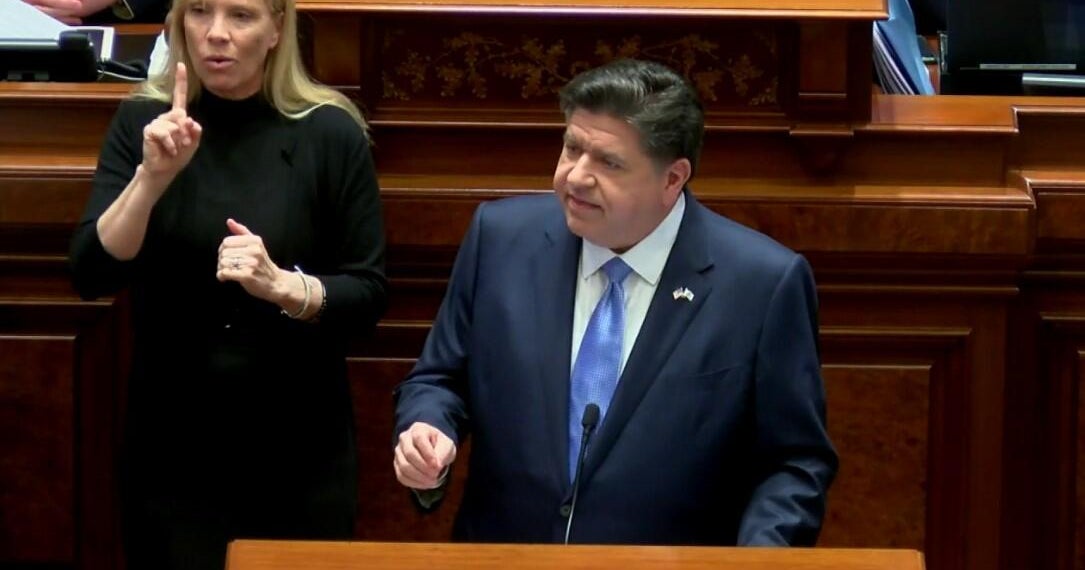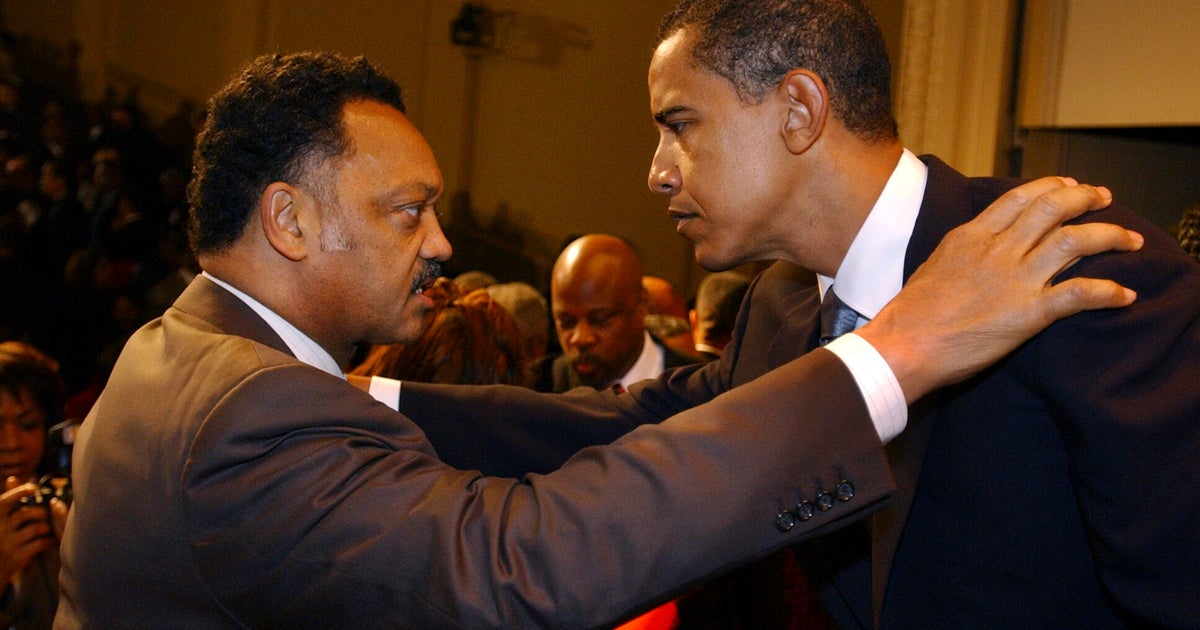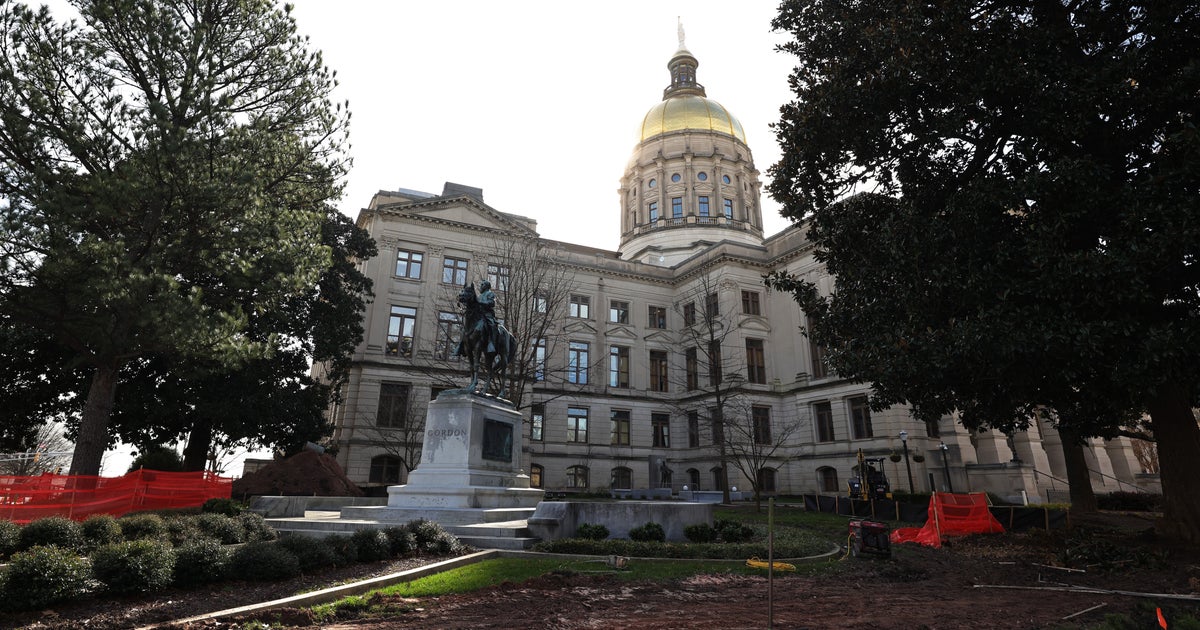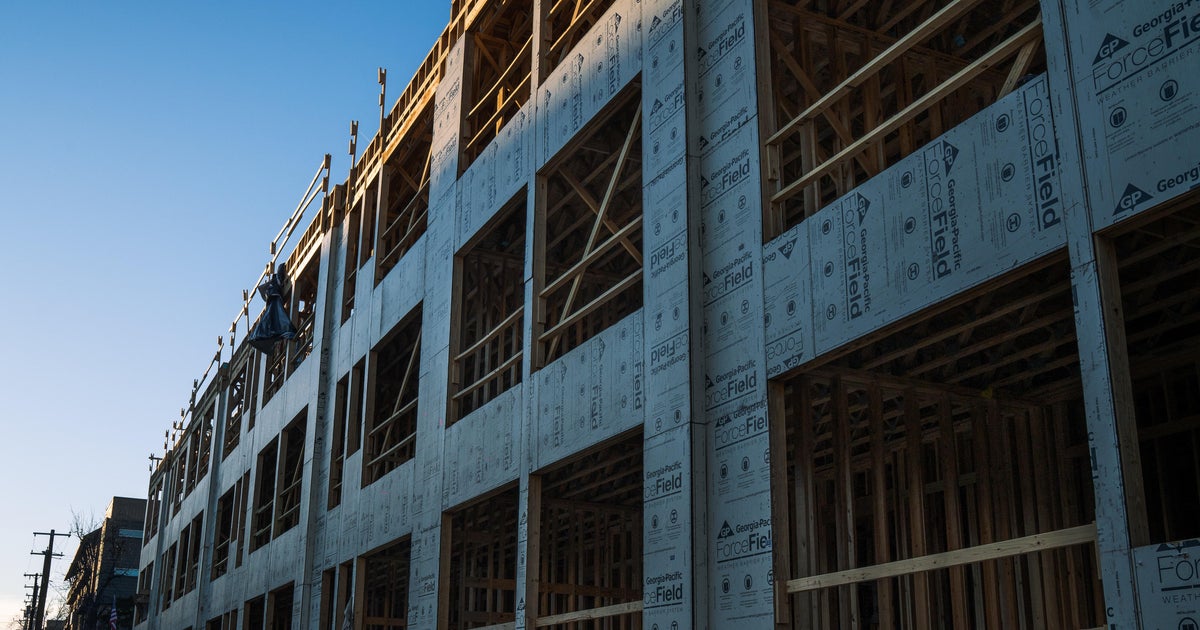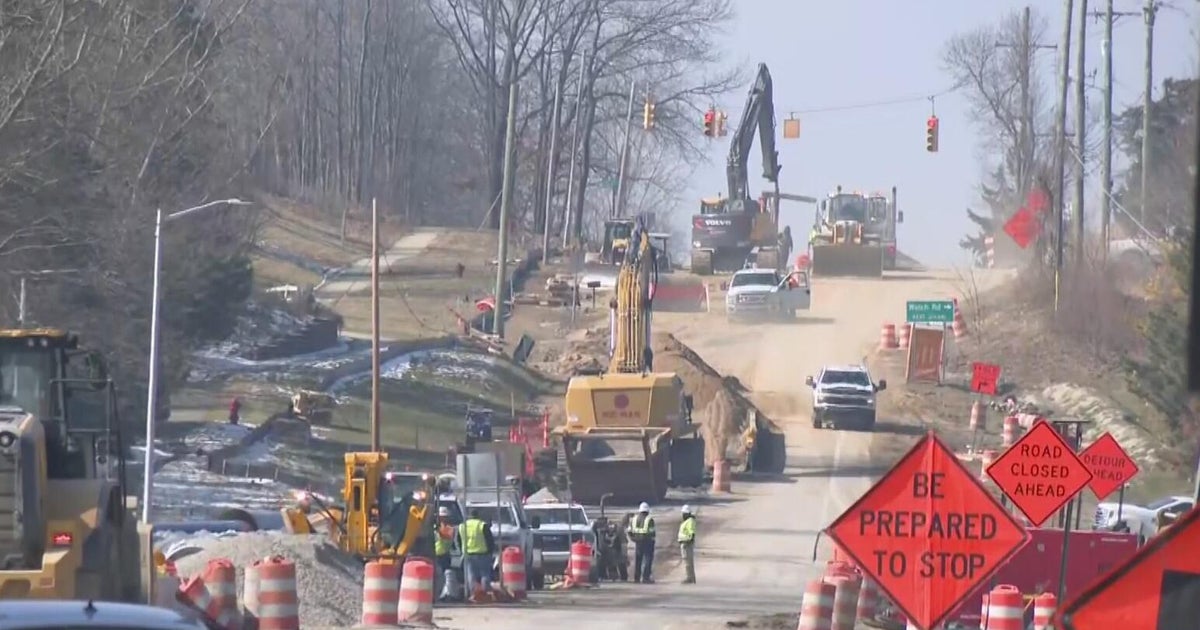Gov. JB Pritzker signs bill mandating paid leave for Illinois workers
CHICAGO (CBS)-- A new Illinois bill signed into law by Gov. JB Pritzker Monday now requires paid leave for nearly all workers.
As CBS 2 Investigator Megan Hickey reported, the new Illinois law goes much farther than most other states across the country.
It allows employees to accrue one hour of paid leave for every 40 hours they work. A total of 40 hours can be accrued in a year.
Workers will be able to start using that time once they've worked for 90 days.
The paid leave time guaranteed under the law is not specifically sick time. It can be used for any reason, and that is what sets Illinois apart from most states.
The law is expected to impact nearly 1.5 million workers across the state. It goes into effect on Jan. 1, 2024.
"Illinois is racking up a huge win for workers," said Molly Weston Williamson of the Center for American Progress.
Weston Williamson is a nationally recognized expert on paid leave policy. She explained that Illinois is the first in the Midwest and the largest state to make this move.
Gov. Pritzker was flanked by business, labor, and legislative leaders in the West Loop when he signed Senate Bill 208 into law - joining Maine and Nevada in mandating paid time off that can be used for any reason.
Proponents who gathered in the for the bill signing on Monday said this is a step toward leveling the playing field for workplace rights - particularly for women and low-income workers.
"There are far too many Illinoisans who are put between a rock and a hard place when life happens - and life does happen to all of us," said Lt. Gov. Juliana Stratton.
"Together we can continue to build a state that truly serves as a beacon for families and businesses and good paying jobs," added Pritzker.
Weston Williamson explained that Illinois joining about 14 states that have passed slightly narrower paid sick time laws – rather than paid leave laws regardless of reason. Those states are Arizona, California, Colorado, Connecticut, Maryland, Massachusetts, Michigan, New Mexico, New Jersey, New York, Oregon, Rhode Island, Vermont, and Washington.
Weston Williamson said many workers don't get paid sick time at all – let alone paid leave for regardless of purpose.
"About one in four private sector workers don't have any pay sick time - not a day, not an hour," Weston Williamson said. "That's disproportionately low-income folks. That's disproportionately part-time workers."
But support for the bill is not unanimous.
"What keeps employers awake at night right now is wondering who's going to show up for work tomorrow morning," said Chris Davis of the National Federation of Independent Business.
Davis said Senate Bill 208 was well-intentioned legislation that failed to meet the needs of small employers.
"What's more important it's going to make it more difficult to remain open on a day-to-day basis to meet the needs of their customers," Davis said. "Many businesses today are already restricting hours. They're opening later. They close earlier. And it's very difficult to meet the needs of their customers."
Stephanie Mills-Gallan, an attorney with Littler Mendelson P.C. in Milwaukee and co-lead of the firm's paid sick leave practice, also released a statement suggesting that the paid leave law could be exploited by employees and cause damage to businesses:
"Illinois' decision to enact mandatory paid time off – rather than a more traditional paid sick and safe time law – puts it in the small minority of jurisdictions with regulation in this space. Currently, there are about 35 active non-industry-specific paid sick and safe time laws. In 2019, we started to see an evolving trend for mandatory paid time off in lieu of paid sick and safe time – with Nevada, Bernalillo County, NM, and Maine enacting such laws. Since then, we started to see a shift back again to the more traditional paid sick and safe time laws with Colorado, New York, New Mexico, and Bloomington, MN joining the fray.
"One of the biggest challenges for employers with these more novel mandatory paid time off laws is the fact that employees can use time for any reason. This means, for example, that employees can use the time if their vacation request was denied through the normal vacation bidding process. It also means that employers may not be able to count on employee attendance during busy periods or around the holidays. Based on the statutory text, it appears that employees would be able to call off from work last minute, without any justification, and without any attendance or disciplinary consequences. This will impede certain businesses' operations if too many employees call off on the same day. Employers will be looking for compliant alternatives to incentivize employees to come to work during those times, which could possibly include attendance bonuses, higher rates of pay, or other perks. As a result, these challenges, in combination with a 2-hour permissible increment of use, may lead to death by a thousand cuts for some Illinois employers."
But Weston Williamson argues that businesses are already paying the price for reduced productivity - because someone is going to work sick, or working through other stressors in their lives. She also says it will disproportionally impact women.
"It's an investment in public health, but it's also an investment in women's employment, and an investment in ensuring that everybody can take care of themselves and their family without risking the job or the paycheck," she said.
There are ordinances specifically in Chicago and at the county level that already require employers to offer paid sick leave, so they would not necessarily be covered by this new law.

